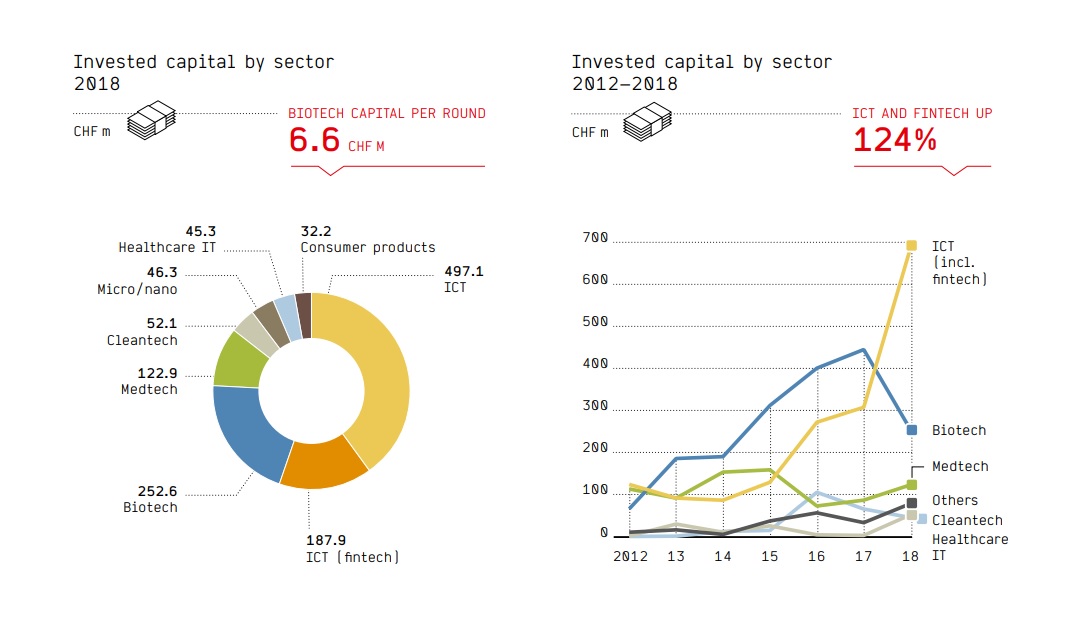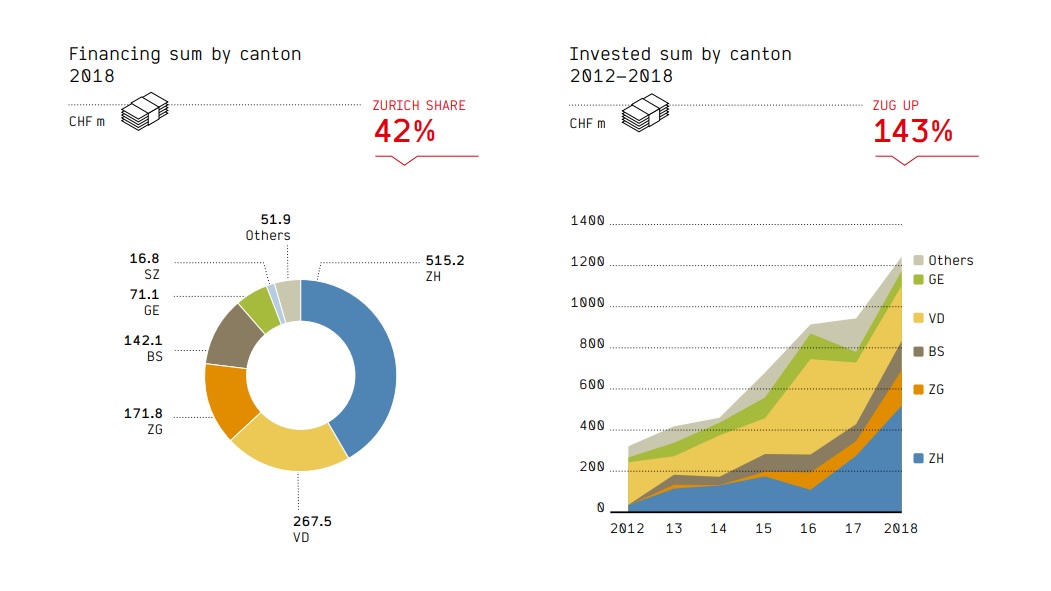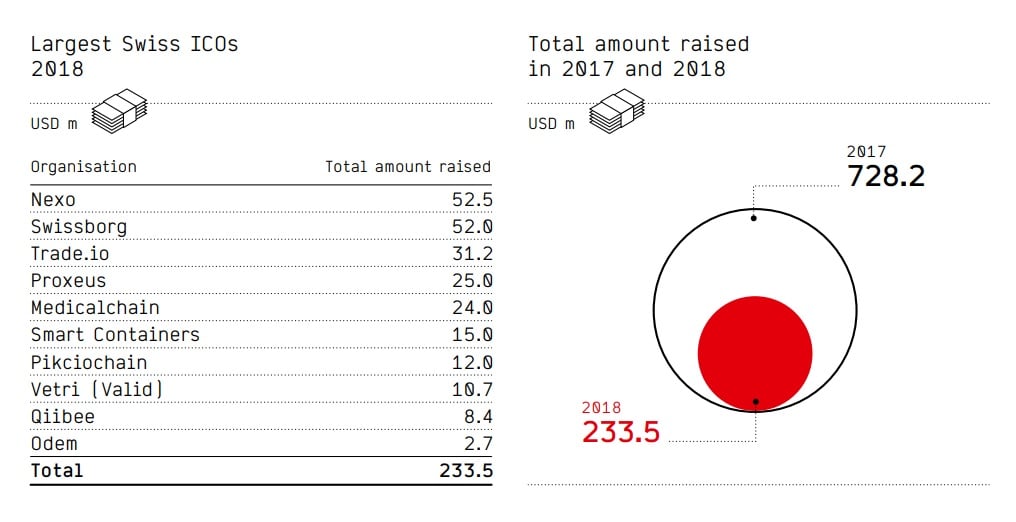
The Daily curates stories from the eclectic and often bizarre world of Bitcoin. Today’s roundup demonstrates just how varied that world can be, taking in Bitcoin carnivory, decentralized apps, and a new price comparison tool for token traders. We begin in Canada though, with confirmation that Quadrigacx exchange has bitten the dust.
Also read: Coincheck Registers 1.7M New Users Since Resuming Operations Last October
Canadian Exchange Searches for Lost Cold Wallets
 Troubled Canadian exchange Quadrigacx, which ceased trading this week, has filed for insolvency. Its website now consists of a short message from its board of directors informing customers that it has filed for an application for creditor protection in Nova Scotia Supreme Court to address “significant financial issues.” It appears that the exchange was essentially operating a fractional reserve system for weeks, in a move reminiscent of Italy’s Bitgrail exchange, which folded in similar circumstances.
Troubled Canadian exchange Quadrigacx, which ceased trading this week, has filed for insolvency. Its website now consists of a short message from its board of directors informing customers that it has filed for an application for creditor protection in Nova Scotia Supreme Court to address “significant financial issues.” It appears that the exchange was essentially operating a fractional reserve system for weeks, in a move reminiscent of Italy’s Bitgrail exchange, which folded in similar circumstances.
Most concerning is the acknowledgement that Quadrigacx has apparently misplaced the cold wallets containing customer funds. The short notice on its website speaks of “very significant cryptocurrency reserves held in cold wallets” that it has been unsuccessful in tracking down. A third-party auditor has now been called in to assist.
New Dapp Report Dives Deep
An exhaustive new survey from Fluence Labs provides an insight into the dapp development ecosystem. Having polled 160 dapp developers and project teams, it’s assembled a plethora of statistics that attest to the work being done across multiple blockchains. Key findings from the survey include:
- The majority of dapp projects were started in 2018 and self-funded.
- Approximately 50 percent of projects use a centralized cloud backend and centralized tools like Infura to connect to the Ethereum blockchain.
- Most projects monetize through transaction fees.
- The biggest impediment to major Dapp adoption is the onboarding process for new users.

The report also notes that Ethereum still accounts for the bulk of all dapps (77 percent), followed by EOS (19 percent) and Tron (8 percent). In related news, an open source tool called Dex Index has just launched that enables traders to find the best price for ERC20 tokens across the leading decentralized exchanges (DEXs). Developed by the Airswap team, it features a simple but clean design and data sourced from DEXs such as Bancor, Radar Relay, IDEX, and Kyber Network.

Bitcoiners ‘Fork’ Jimmy Song’s BTC BBQ
Bitcoin Carnivory Club is hosting a dinner at a Brazilian restaurant in London on Feb. 7. It will feature Bitcoin Core developer Jimmy Song and trader Tone Vays as guests of honor – plus a whole lot of barbecued meat. Not everyone in the Bitcoin community is enamored with the concept, however, with some believing that such events contribute to the elitism that deters new entrants. “Bitcoin literally has nothing to do with eating meat,” tweeted Cobra Bitcoin.
Sign up for Carnivory Dinner London! @ToneVays and I will be hosting.https://t.co/gKSLj1W0bb
— Jimmy Song (송재준) (@jimmysong) January 28, 2019
A group of London Bitcoiners has now “forked” the carnivorous event. Its alternative dinner will take place in nearby Thai Square, with organizer Theo Goodman telling Decrypt: “There will be no leaders, no celebrity status and it doesn’t cost $500 to sit at the table.” Vegetarian options will also be available for those who don’t relish chewing meat all evening. Tickets for the Song and Vays hosted event, meanwhile, are priced at $262. Eventbrite listed 26 tickets as being available when Song tweeted about the dinner on Jan. 28. That figure now stands at 24.
What are your thoughts on the stories in today’s news roundup? Let us know in the comments section below.
Images courtesy of Shutterstock.
Need to calculate your bitcoin holdings? Check our tools section.
The post The Daily: Bitcoin Carnivory, Dapps & DEXs, Quadrigacx Claims Insolvency appeared first on Bitcoin News.
from Bitcoin News http://bit.ly/2Rrp5Tj The Daily: Bitcoin Carnivory, Dapps & DEXs, Quadrigacx Claims Insolvency

















